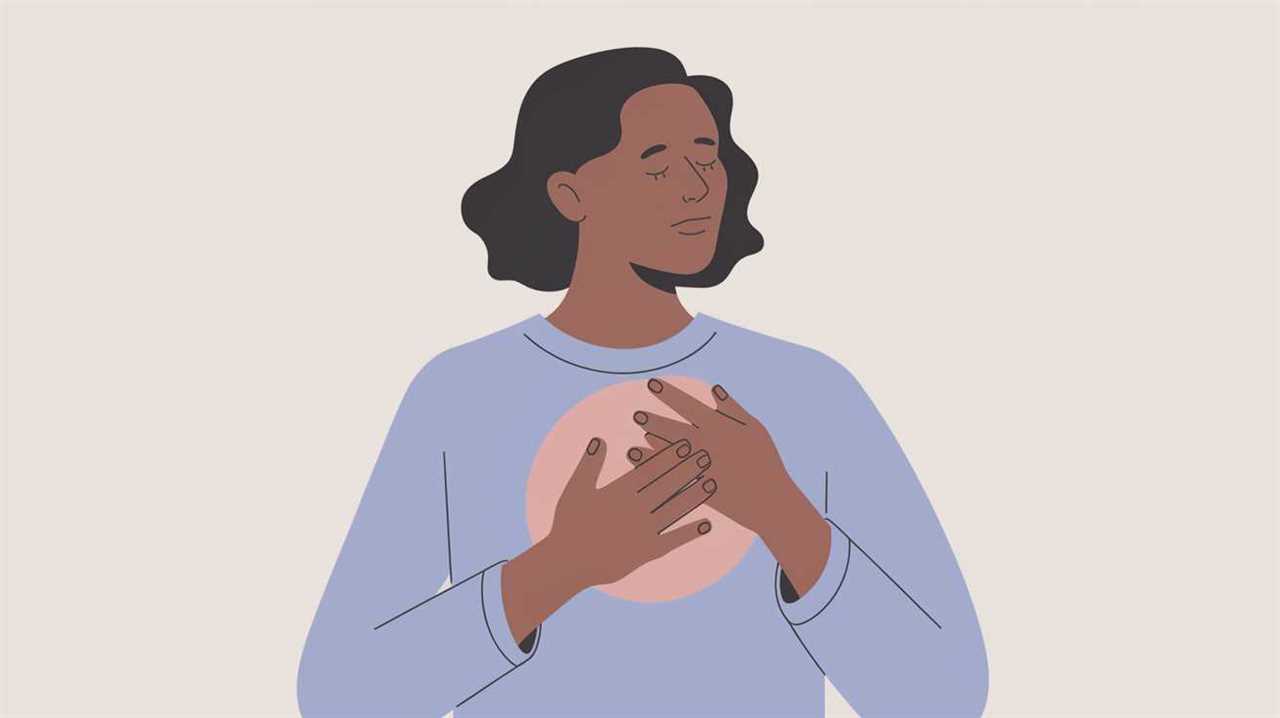
Chest pain can be alarming, especially when it strikes unexpectedly or is accompanied by other symptoms. Dr. Zoe Williams, a seasoned NHS GP, offers insights into what could be causing this discomfort and when it’s time to seek medical attention.
A Summary of the Article
When Should You Worry About Chest Pain?
Chest pain is a symptom that can range from mild to severe, and it’s essential to assess its potential seriousness. The first thoughts that arise with chest pain often involve the heart. Conditions like heart attacks or angina may manifest as discomfort in the chest, particularly during exertion or after a heavy meal. However, these conditions can also strike at rest.
If you're experiencing chest pain, particularly if it feels severe or is accompanied by other worrying signs, it’s vital to seek urgent medical help. Never hesitate to consult a healthcare professional when it involves your heart.
Other Possible Causes of Chest Pain
While heart conditions are a primary concern, several other factors can contribute to chest pain. Some are benign and easily treatable, but others could indicate more serious health issues.
One such condition is gastro-oesophageal reflux disease (GERD), where stomach acid flows back into the oesophagus, leading to inflammation. Symptoms can include:
- Heartburn
- Pain when swallowing
- A sour taste in the mouth, known as ‘acid brash’
In some cases, GERD may not show symptoms initially, but over time, it can lead to ulcers or narrowing of the oesophagus, creating difficulty when swallowing.
Hiatus Hernia: Another Culprit
A hiatus hernia is another condition that can cause chest discomfort. This occurs when a portion of the stomach bulges through the diaphragm into the chest cavity, potentially leading to pain during meals. It is particularly common in individuals over 50, but the good news is that symptoms can often be managed without surgical intervention.
Understanding Oesophageal Motility Disorders
There are also oesophageal motility disorders, which involve spasms in the oesophagus that can mimic angina pain. These spasms can be quite uncomfortable and may lead to confusion when trying to identify the source of the pain.
Red Flags to Watch For
While many causes of chest pain are manageable, certain symptoms should raise red flags. If you notice any of the following, it’s time to consult your doctor:
- Loss of appetite
- Unexplained weight loss
- Fatigue
- Blood in stools
These signs could indicate more serious conditions, including possible cancers of the oesophagus or stomach.
Next Steps: Diagnosis and Management
If you’re experiencing persistent chest pain, the first step is to speak with a healthcare professional. They will likely conduct tests to identify the underlying cause of your symptoms. Once a diagnosis is made, you can discuss various management options tailored to your specific condition.
Whether the issue lies with your heart, digestive system, or another area, early intervention can lead to better outcomes and relief from symptoms. Remember, it’s always better to err on the side of caution when it comes to chest pain.
Take Care of Your Heart and Health
Chest pain shouldn't be ignored or brushed aside. If you're unsure about the severity of your symptoms, consult with a healthcare professional for peace of mind. Your health is your most valuable asset, and taking proactive steps can help ensure it remains in good condition.






